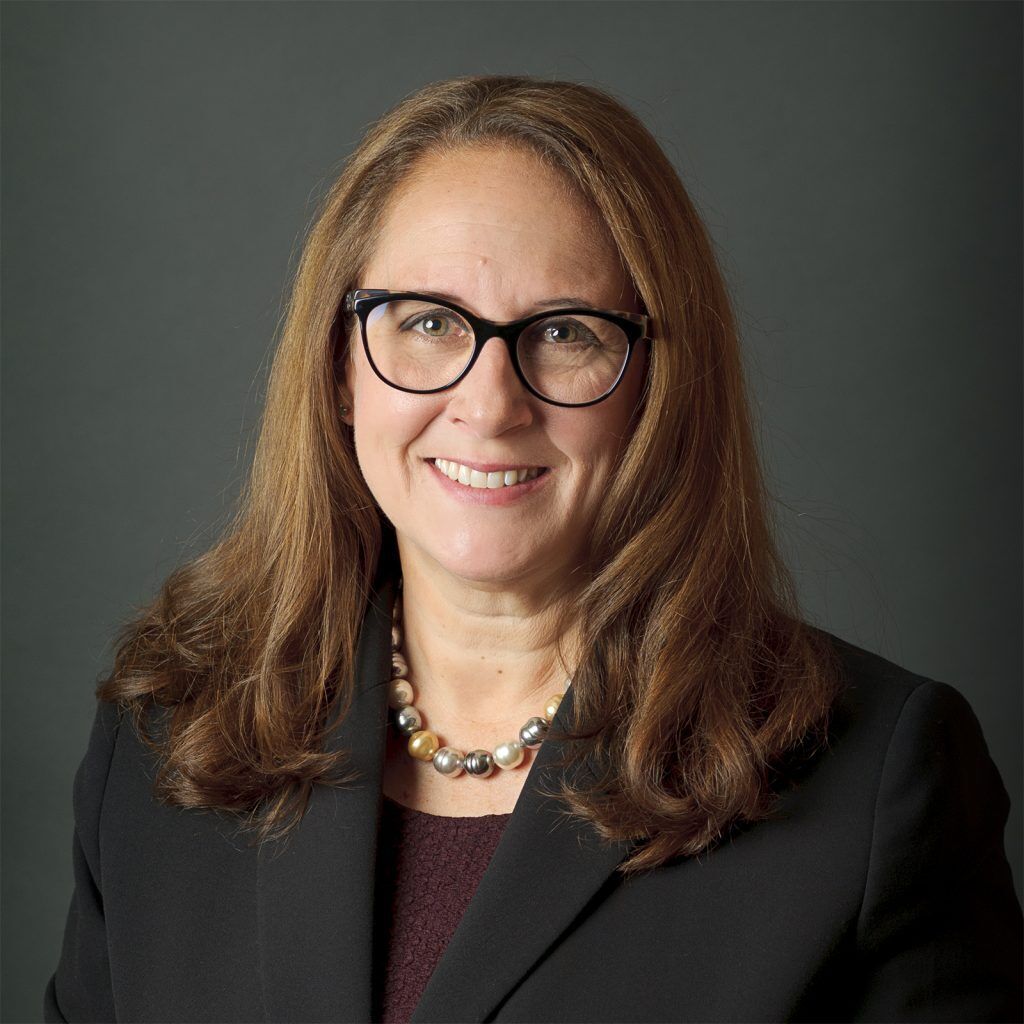Despite widespread concerns, “dark money” plays only a minor role in American elections, comprising a tiny fraction of total campaign spending. The real issue lies in preserving donor privacy, a cornerstone that has historically protected free speech and fueled social progress.
‘Dark money’ is not the boogeyman it’s made out to be | Heather Lauer

Key Takeaways:
- “Dark money” accounts for a minimal percentage of total election spending.
- Increased disclosure could lead to donor harassment and retaliation.
- Historical movements depended on donor anonymity for success.
- Legal precedents uphold the right to nonprofit donor privacy.
- Misconceptions about “dark money” span across political parties.
Rethinking the Influence of ‘Dark Money’ in Politics
The term “dark money” often evokes images of shadowy figures manipulating the political landscape. Politicians and advocacy groups frequently point to these undisclosed funds as a corrupting force in American elections. However, a closer examination reveals that “dark money” may not wield the ominous power it’s credited with.
The Reality Behind the Numbers
According to Open Secrets, an estimated $16 billion was spent on federal campaigns during the 2024 election cycle . Surprisingly, “dark money” nonprofits were responsible for only about $62 million in independent expenditures, as reported to the Federal Election Commission. Additionally, these groups contributed approximately $1 billion to super PACs, which are required to disclose contributions from nonprofits.
In context, “dark money” expenditures pale in comparison to the billions funneled through fully transparent channels. The bulk of election spending comes from candidates and organizations that openly disclose their donors, indicating that undisclosed funds are far from dominant in shaping electoral outcomes.
Election Outcomes Speak Volumes
The presidential race offers a compelling case study. Vice President Kamala Harris received significantly more support from “dark money” groups than former President Donald Trump . Despite this advantage, the financial support did not translate into decisive influence over voters. This pattern reinforces a critical point: financial backing can amplify a message but cannot compel voter agreement or guarantee election victories . Even well-funded candidates like Hillary Clinton and Jeb Bush have learned that money alone doesn’t secure success.
The Perils of Mandated Disclosure
Calls to unmask “dark money” donors often come with noble intentions of increasing transparency. However, such mandates carry unintended consequences. Legislation proposed by figures across the political spectrum, including Vice President Harris during her tenure in the U.S. Senate, aims to force organizations engaged in policy discussions to disclose significant donors’ names and home addresses.
The concern is that compulsory disclosure could subject donors to harassment and retaliation for their beliefs. This risk poses a threat not only to individual safety but also to the vibrancy of democratic participation. Nonprofits that value donor privacy might be silenced, depriving the public of diverse voices that enrich civic discourse.
Lessons from History
Privacy in advocacy is not a new concept. Many of the Founding Fathers used pen names to express their ideas without fear of retribution. During the civil rights movement, organizations like the NAACP relied on private donors to fight against systemic injustices. The importance of anonymity was solidified in the landmark 1958 Supreme Court case NAACP v. Alabama , where a unanimous court recognized that “compelled disclosure of affiliation with groups engaged in advocacy may constitute as effective a restraint on freedom of association as [other] forms of governmental action.”
The Vital Role of Nonprofits
Throughout American history, nonprofits have been instrumental in driving social and political change. From the ACLU to the NRA and the League of Women Voters , these organizations have mobilized citizens, shaped policies, and championed various causes. Their effectiveness often hinges on the ability to protect their supporters’ identities, ensuring that individuals can contribute to movements without fear of personal repercussions.
Protecting Privacy to Preserve Democracy
In an era where extreme activism and digital doxxing are prevalent, safeguarding donor privacy is more critical than ever. Mislabeling nonprofits as “dark money” entities overlooks their positive contributions and undermines the principles of free speech and association.
It’s essential to recognize that every American deserves the right to participate in democracy without risking personal harm or professional fallout . By protecting donor anonymity, we uphold the values that have propelled numerous social movements and fortified our democratic fabric.
A Call for Balanced Perspective
“Dark money” is not the pervasive menace it’s often portrayed to be. While transparency in elections is important, it’s equally vital to consider the repercussions of eroding privacy. As history and current realities demonstrate, donor anonymity plays a crucial role in fostering open, diverse, and robust political discourse.
In reevaluating the narrative surrounding “dark money,” we find that preserving donor privacy is not only a matter of individual protection but also a fundamental aspect of a healthy democracy.











